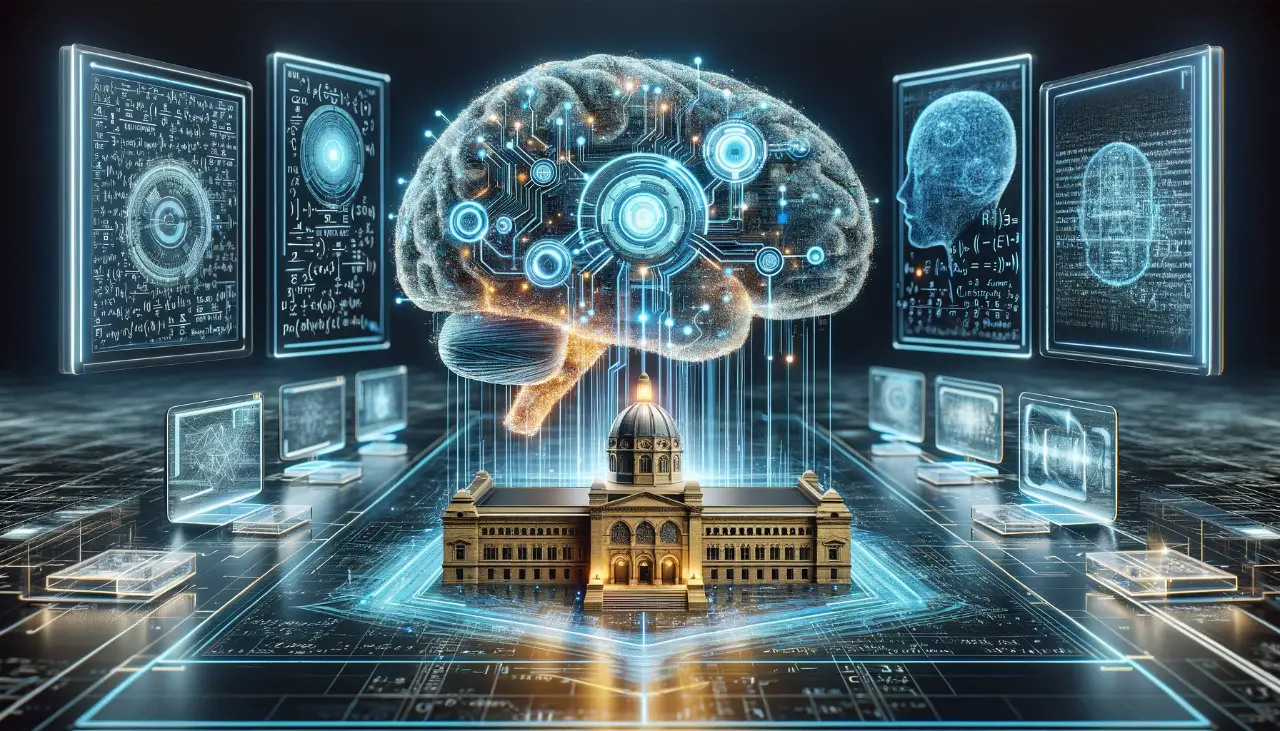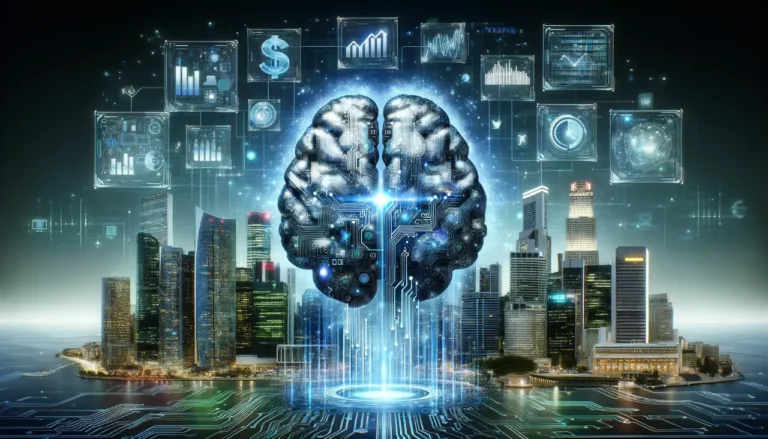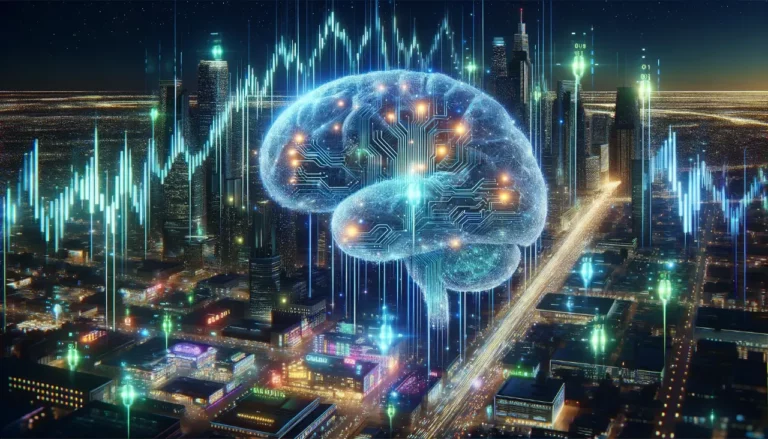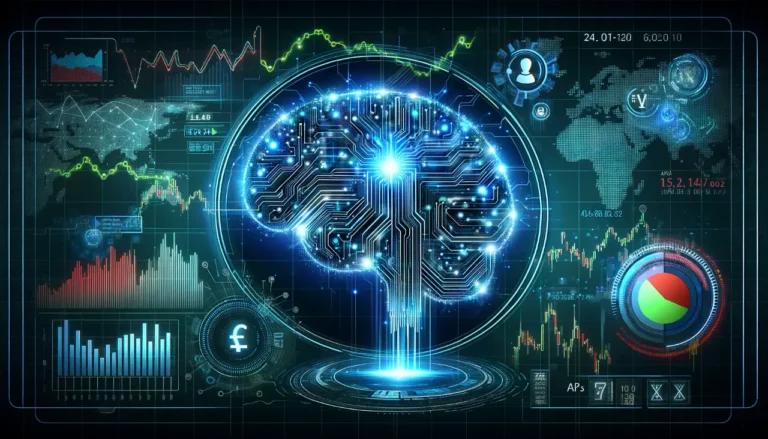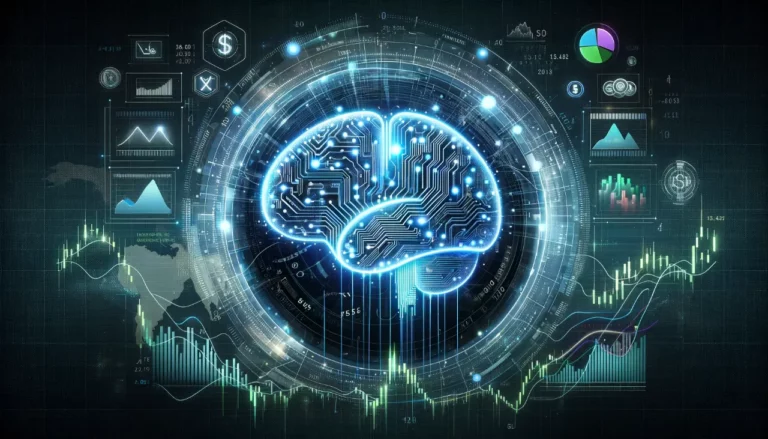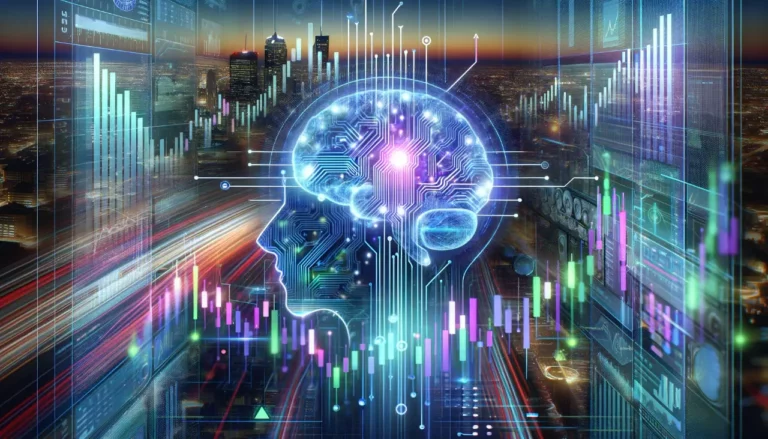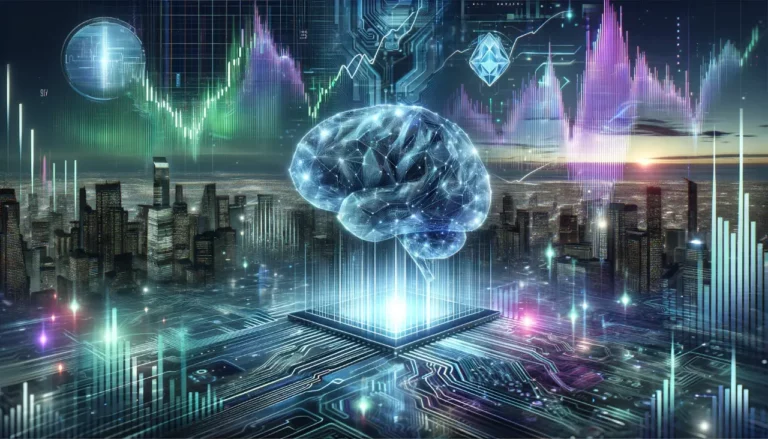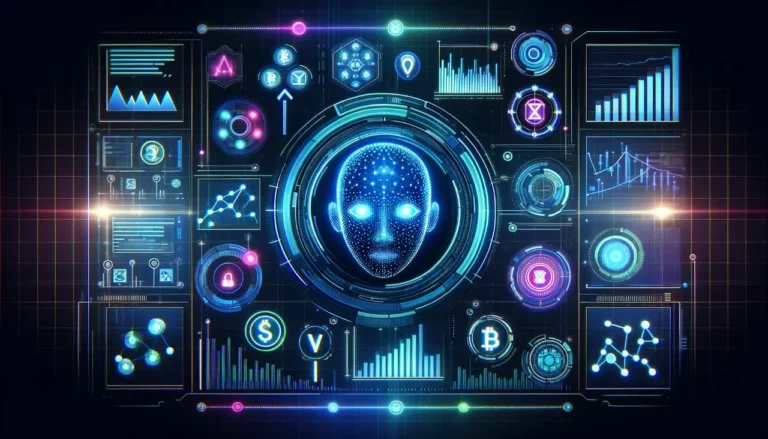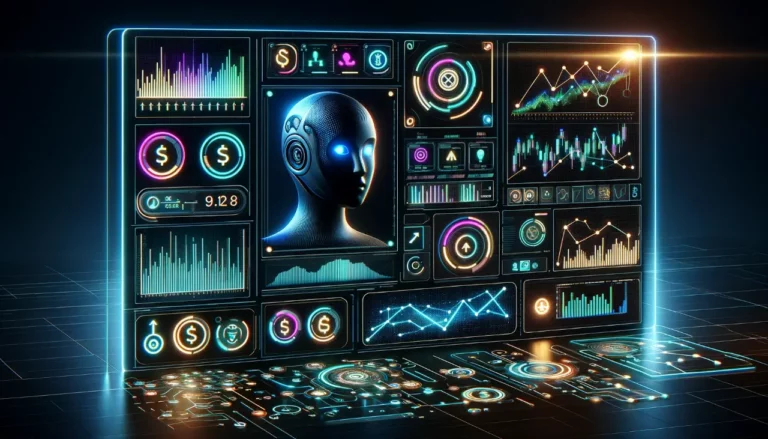Carnegie Learning is a comprehensive, dynamic, and innovative approach to teaching and learning that has been reshaping the educational landscape. Rooted in the rich legacy of Andrew Carnegie, a titan of industry and a fervent advocate for education, Carnegie Learning merges the time-honored principles of in-depth understanding with cutting-edge technology and research-based methodologies. This article delves into the essence, methodology, impact, and future trajectory of Carnegie Learning, highlighting its role in empowering students and educators alike.
The Essence of Carnegie Learning
Carnegie Learning was born from the idea that every student has the potential to excel when provided with the right tools and environment. At its core, it’s about personalizing education, making learning an engaging, interactive, and fruitful journey. Unlike traditional one-size-fits-all approaches, Carnegie Learning tailors education to individual student needs, preferences, and learning styles.
Methodology: A Blend of Human Expertise and AI
Carnegie Learning stands out due to its unique blend of human expertise and artificial intelligence (AI). It uses advanced AI to provide adaptive learning experiences, ensuring that each student encounters material that is challenging yet achievable. The AI algorithms continuously analyze student performance, adapting to their learning pace and style.
Alongside AI, human educators play a crucial role. They’re not just facilitators but active participants in shaping the learning journey. With the insights gained from AI, educators can provide targeted instruction where it’s most needed, ensuring a harmonious blend of technology and human touch.
Impact on Education
Carnegie Learning’s impact on education has been profound and multifaceted. It has revolutionized the way subjects like mathematics, science, and languages are taught and learned. Students using Carnegie Learning materials often show remarkable improvements in understanding, problem-solving skills, and academic confidence. It’s not just about better grades; it’s about fostering a deeper comprehension and a lifelong love for learning.
Empowering Educators
Educators are at the heart of the Carnegie Learning philosophy. The system provides them with an array of tools and resources, including real-time data on student performance, professional development opportunities, and a supportive community of fellow educators. This empowers teachers to make informed decisions, personalize their teaching strategies, and stay at the forefront of educational innovation.
The Future of Carnegie Learning
Looking ahead, Carnegie Learning is set to continue its trajectory of growth and innovation. With ongoing research and development, it’s poised to integrate newer technologies like machine learning, natural language processing, and even virtual reality to make learning experiences even more immersive and effective.
Conclusion
Carnegie Learning represents a paradigm shift in education, one that respects the individuality of each learner and empowers educators to be their best. It’s a living testament to Andrew Carnegie’s vision of a world where education is the key to unlocking human potential. As it continues to evolve and expand its reach, Carnegie Learning is not just shaping the future of education; it’s shaping the future of our society.
In conclusion, Carnegie Learning is more than a method or a tool; it’s a movement towards a more enlightened, empowered, and educated world. It’s about creating a future where every individual has the opportunity to learn, grow, and succeed.

